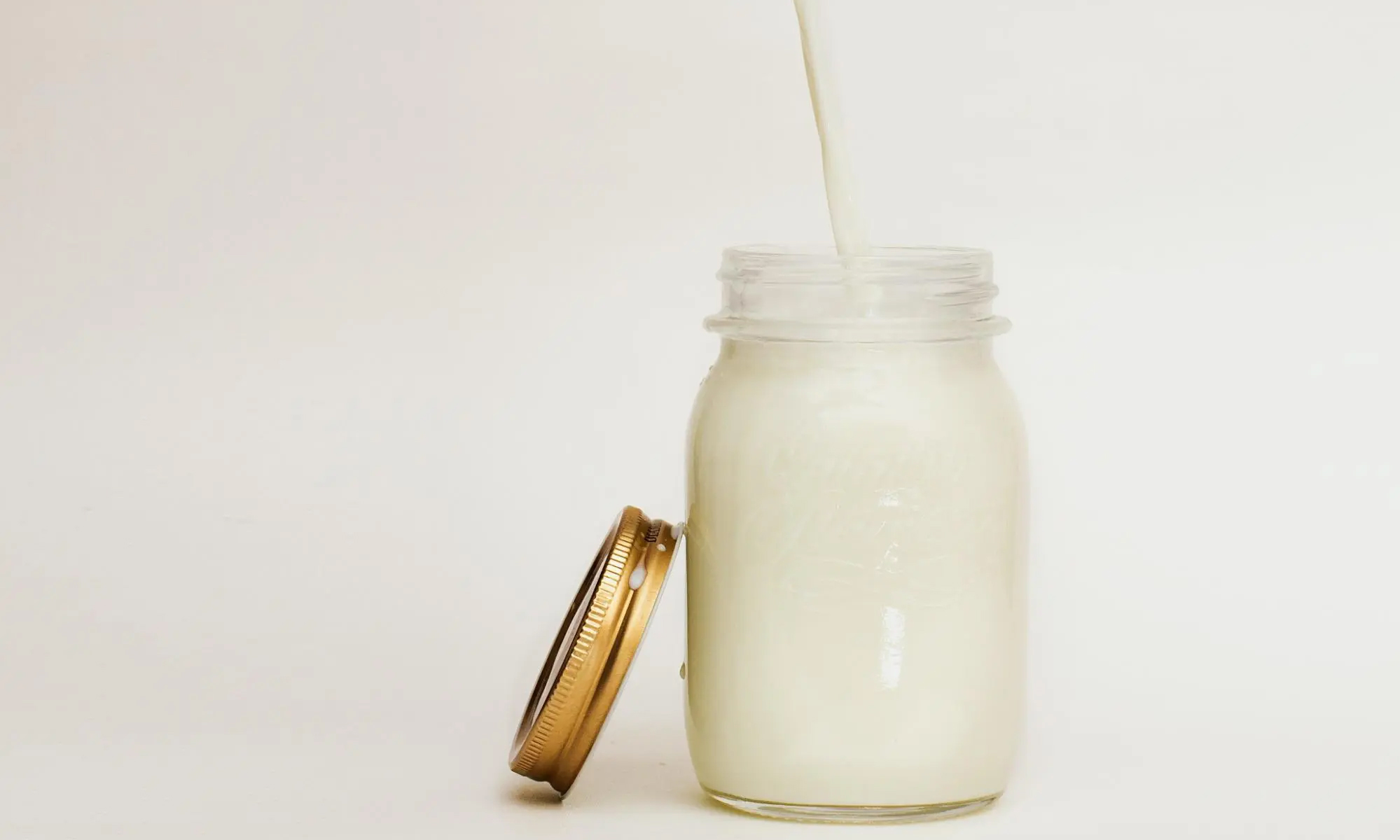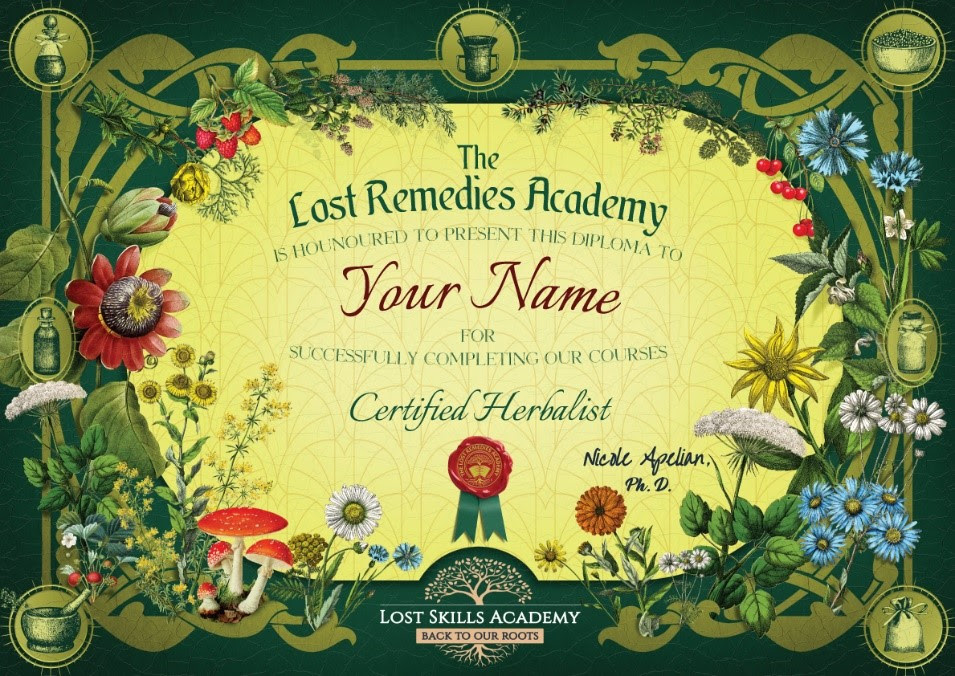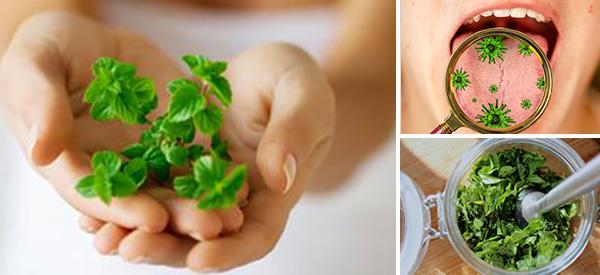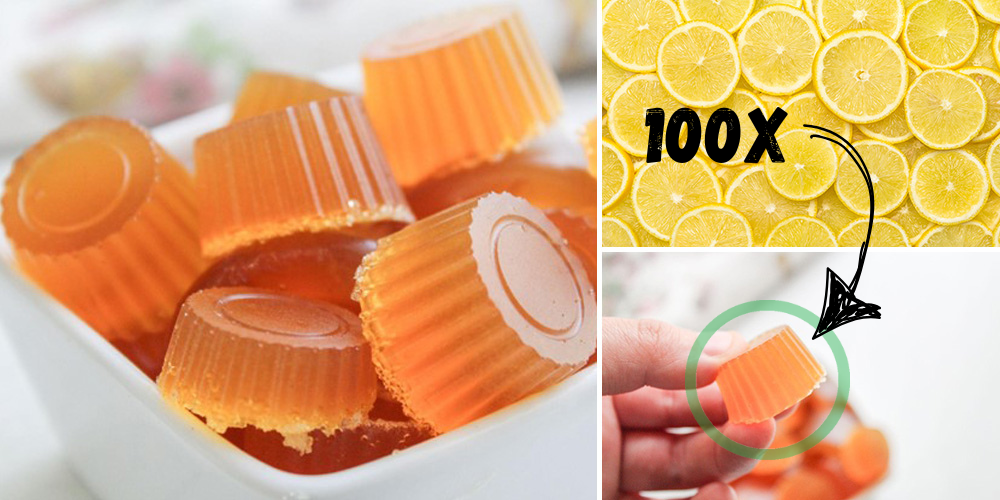
Drop THIS in Your Morning Coffee to Fight Inflammation
Health Fact or Fiction?
Although dairy has long been linked to increased inflammation in health and wellness circles, researchers are now finding that this is not the case.
In fact, it may have beneficial effects that help to reduce inflammation, especially when combined with polyphenols found in plant-based foods.
Surprised? I was too as this goes against years of health advice about inflammation. Let’s dig deeper into the studies and see specifically what they found. We will also explore additional compounds that are known to be effective for cooling the inflammatory response.
The Unexpected Role of Polyphenols and Dairy in Inflammation Control
Helping to reduce inflammation by tackling oxidative stress, polyphenols have been shown to improve gut health and lower your risk of chronic illness, such as certain forms of cancer and cardiovascular disease.
Foods rich in these beneficial compounds include red wine, green tea, coffee, strawberries, blueberries, pomegranate, apples, extra-virgin olive oil, almonds, and walnuts. Interestingly, Blue Zone populations are known to eat an abundance of polyphenols from plant-based foods, which is directly correlated with their robust health and longevity.
While research on polyphenols is limited, a fascinating new study has discovered that when these beneficial compounds are paired with milk, they are much more effective at reducing inflammation as opposed to if the polyphenols were consumed solo.
Published in the Journal of Agricultural and Food Chemistry, researchers at the University of Copenhagen in Denmark set out to examine the effect of pairing polyphenols with proteins in foods.1 In the study they established that the molecules of polyphenol-rich coffee and the protein in milk did bind together.
The team then explored the impact this combination had on immune cells, which are responsible for the inflammatory response. Incredibly, it was “twice as effective at fighting inflammation compared to polyphenols alone.”2
Marianne Nissen Lund, MSc, a researcher involved in the study, notes “[w]hen polyphenols are combined with amino acids, it is natural to believe that their properties change.
… Since humans do not absorb that much polyphenol, scientists are trying to figure out how to combine polyphenols with proteins to boost their absorption in the body. This method has the added benefit of improving the anti-inflammatory effects of polyphenols.”2
She adds, “I can imagine that something similar happens in, for example, a meat dish with vegetables or a smoothie, if you make sure to add some protein like milk or yogurt.”3

But isn’t dairy itself inflammatory? Apparently not, according to several recent studies.
A systematic review published in Advances in Nutrition states, “Labonté et al. concluded that, despite the high content of SFAs in dairy foods, dairy consumption did not exert adverse effects on biomarkers of inflammation in overweight or obese adults. In addition, Bordoni et al. reported that dairy products, mainly fermented products, might have anti-inflammatory properties and that such an effect is enhanced in subjects with metabolic abnormalities.”4
Additionally, another systematic review of 52 clinical trials investigating the relation of dairy products and inflammation notes, “…our review suggests that dairy products, in particular fermented products, have anti-inflammatory properties in humans not suffering from allergy to milk, in particular in subjects with metabolic disorders.”5 And a review published in the Journal of the American College of Nutrition examined 27 randomized controlled trials, concluded: “The available literature suggests that dairy products and dairy proteins have neutral to beneficial effects on biomarkers of inflammation.”6
Plant-Based Inflammation Control
Keep in mind these studies looked at participants who did not have a severe inflammatory disorder nor did they examine the impact of dairy on those with an autoimmune condition. Some people simply cannot tolerate dairy. If this is the case for you, it is best to avoid it regardless of the potential anti-inflammatory benefits. Instead, we can focus on combining a polyphenol-rich diet with other forms of protein. Moreover, plant extracts are exceptionally helpful for taming inflammation without the drawbacks of a dairy sensitivity.
Personally, I have found medicinal mushrooms to be outstanding for addressing inflammation, multiple sclerosis/autoimmunity, and other chronic health conditions. Four specific mushrooms — lion’s mane, reishi, turkey tail, and cordyceps — are particularly impressive. As a matter of fact, these are the very extracts that got me out of my wheelchair and stopped the MS from progressing. They are that powerful. Here’s why.
Lion’s mane — An unmistakable shaggy white medicinal mushroom, lion’s mane has been used for centuries to treat a wide variety of health disorders. Rich in bioactive compounds, this mushroom is anti-inflammatory and high in antioxidants.7,8,9 What’s more, lion’s mane boosts the immune system, manages symptoms of diabetes, reduces heart disease risk, fights cancer, and protects against cognitive disorders by stimulating the growth of brain cells.10-14
Reishi — Similar to lion’s mane, this mushroom is also anti-inflammatory, antioxidant, and anti-cancer.15,16 Additionally, it reduces fatigue and depression, promotes healthy blood sugar levels, and supports cardiovascular health.17,18,19
Turkey tail — With striking variegated colors, turkey tail is a beautiful mushroom brimming with health benefits. Containing an impressive range of antioxidants, including flavonoids such as quercetin and baicalein, it supports a healthy immune system by suppressing inflammation and promoting the release of protective compounds.20
Cordyceps — Another medicinal mushroom with outstanding antioxidant properties, cordyceps subdues the proteins that increase inflammation.21 It also fights lung, colon, skin and liver cancers; manages type 2 diabetes; encourages heart health; and boosts athletic performance.22-27
It is important to use only dual-extracted, fruiting body extracts for full potency and effectiveness, like those found in my Mushroom FOURtress Bundle. To learn more about why our tinctures are the gold standard of herbal extracts, visit the apothecary today!







I am wishing there was a search engine on this. I want to know about constipation, a small anus opening, prune juice & an orange.
Hi Joan! Thanks for your comment — it sounds like you’re dealing with a few things at once, and you’re definitely not alone.
Prune juice and orange can be a helpful combo for gentle relief, especially in the morning. But if you’re also noticing discomfort from a small anal opening, it could point to inflammation or possibly hemorrhoids — especially if there’s straining or irritation involved.
If that’s the case, you might want to check back tomorrow — we have a new article coming out called “Top Home Remedies for Hemorrhoid Relief” that walks through safe, effective treatments using herbs and soothing ingredients you likely already have at home. It’s written in the same style as this one — no fluff, just practical help.
And if you ever feel overwhelmed by piecing remedies together, Nicole’s Forgotten Home Apothecary book is like having a search engine on your kitchen shelf. It’s organized by condition, and you’ll find everything from constipation protocols to wound-healing salves for inflammation down there.
👉 Click here to explore The Forgotten Home Apothecary
Hope this helps, and sending you lots of healing support! 🌿
Is there any one mushroom that can help with autoimmune diseases, such as Hashimoto’s or Lichen Sclerosus?
Hi Denise, that’s a really important question.
Autoimmune diseases like Hashimoto’s and Lichen Sclerosus are complex, but thankfully, there are mushrooms that can offer strong immune modulation, not just boosting, but balancing your immune response.
If I had to pick one, Reishi would be the front-runner. It’s known as the “mushroom of immortality” for a reason — deeply anti-inflammatory, calming to the immune system, and helpful for fatigue, mood, and long-term immune repair.
But honestly, for chronic conditions like Hashimoto’s, Nicole usually recommends a bundle approach — that’s where the Mushroom FOURtress Bundle comes in. It combines Reishi, Lion’s Mane, Turkey Tail, and Cordyceps — each one supporting a different pillar of immune and neurological health. (She actually credits this combo for helping her reverse MS symptoms.)
👉 Click here to read more about how these four mushrooms work together
You can use the link to explore each mushroom individually as well.
Let me know if you want help choosing the right one to start with!
And my experience grass-fed dairy products are not inflammatory if they have not been homogenized. When dairy products are homogenized they become inflammatory and harmful to the human body.
I’ve read but didn’t understand. The head is “Drop THIS in Your Morning Coffee to Fight Inflammation”. What exactly should I drop in coffee? One of four mushrooms or all four? In a powder? how much of it? or plant extracts?Besides, at the beginning there is written that coffee has polyphenols already.